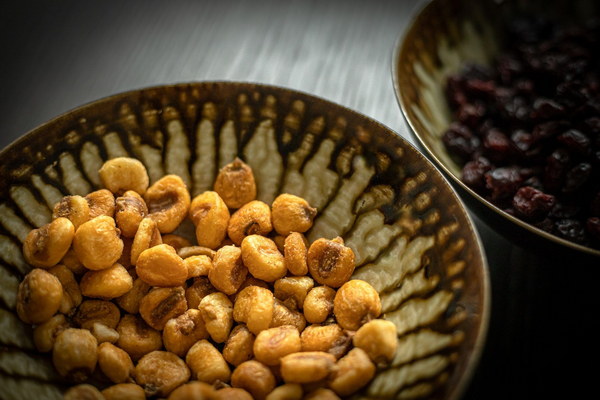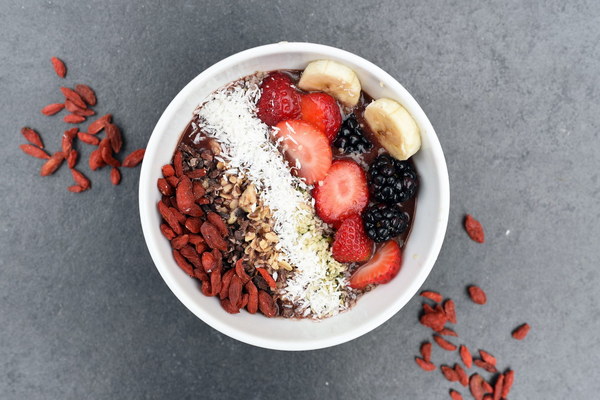The Effectiveness of Applying Ointment for Moisture Removal and Weight Loss Is It a Reliable Solution
In recent years, the demand for effective weight loss methods has been on the rise. Among the various options available, applying ointment for moisture removal and weight loss has become a topic of interest for many. But is it truly effective? In this article, we will explore the potential benefits and drawbacks of using ointments for moisture removal and weight loss, helping you make an informed decision.
I. Understanding Moisture Removal Ointments
Moisture removal ointments are designed to reduce excess moisture in the body, which is believed to be a contributing factor to weight gain. These ointments often contain ingredients such as menthol, camphor, and eucalyptus oil, which have cooling and soothing properties. Some claim that by applying these ointments to the skin, you can achieve a temporary reduction in moisture, leading to weight loss.
II. The Potential Benefits of Applying Ointment for Moisture Removal and Weight Loss
1. Temporary Reduction in Moisture: One of the primary claims of moisture removal ointments is that they can help reduce excess moisture in the body. This may lead to a temporary decrease in body weight, as the moisture is released from the body.

2. Temporary Appetite Suppression: Some moisture removal ointments contain ingredients that can help suppress appetite. By reducing appetite, users may consume fewer calories, which could contribute to weight loss.
3. Increased Metabolism: Certain ointments are formulated with ingredients that may boost metabolism, leading to increased energy expenditure and potentially contributing to weight loss.
III. The Drawbacks and Risks of Applying Ointment for Moisture Removal and Weight Loss
1. Temporary Results: One of the main drawbacks of using moisture removal ointments for weight loss is that the results are often temporary. The reduction in moisture and weight is typically short-lived, and users may experience weight gain once they stop using the ointment.
2. Side Effects: Some individuals may experience side effects from using moisture removal ointments, such as skin irritation, allergic reactions, or respiratory issues due to the strong ingredients like menthol and camphor.
3. Limited Scientific Evidence: There is limited scientific evidence to support the effectiveness of moisture removal ointments for weight loss. While some studies have shown potential benefits, more research is needed to establish a definitive link between these ointments and long-term weight loss.
IV. Alternative Weight Loss Strategies
Instead of relying on moisture removal ointments, consider incorporating the following strategies into your weight loss journey:
1. Balanced Diet: Focus on a well-balanced diet rich in fruits, vegetables, lean proteins, and whole grains.
2. Regular Exercise: Engage in regular physical activity, such as cardio, strength training, and flexibility exercises.
3. Adequate Sleep: Ensure you get enough quality sleep, as sleep deprivation can impact weight loss efforts.
4. Stress Management: Practice stress-reducing techniques, such as meditation, deep breathing exercises, or yoga.
5. Seek Professional Advice: Consult with a healthcare professional or a registered dietitian to create a personalized weight loss plan.
In conclusion, while moisture removal ointments may offer temporary weight loss results, their effectiveness and safety are still under debate. It is crucial to prioritize evidence-based weight loss strategies, such as a balanced diet and regular exercise, for long-term and sustainable results. Before considering the use of ointments or any other weight loss product, consult with a healthcare professional to ensure it aligns with your individual needs and goals.









